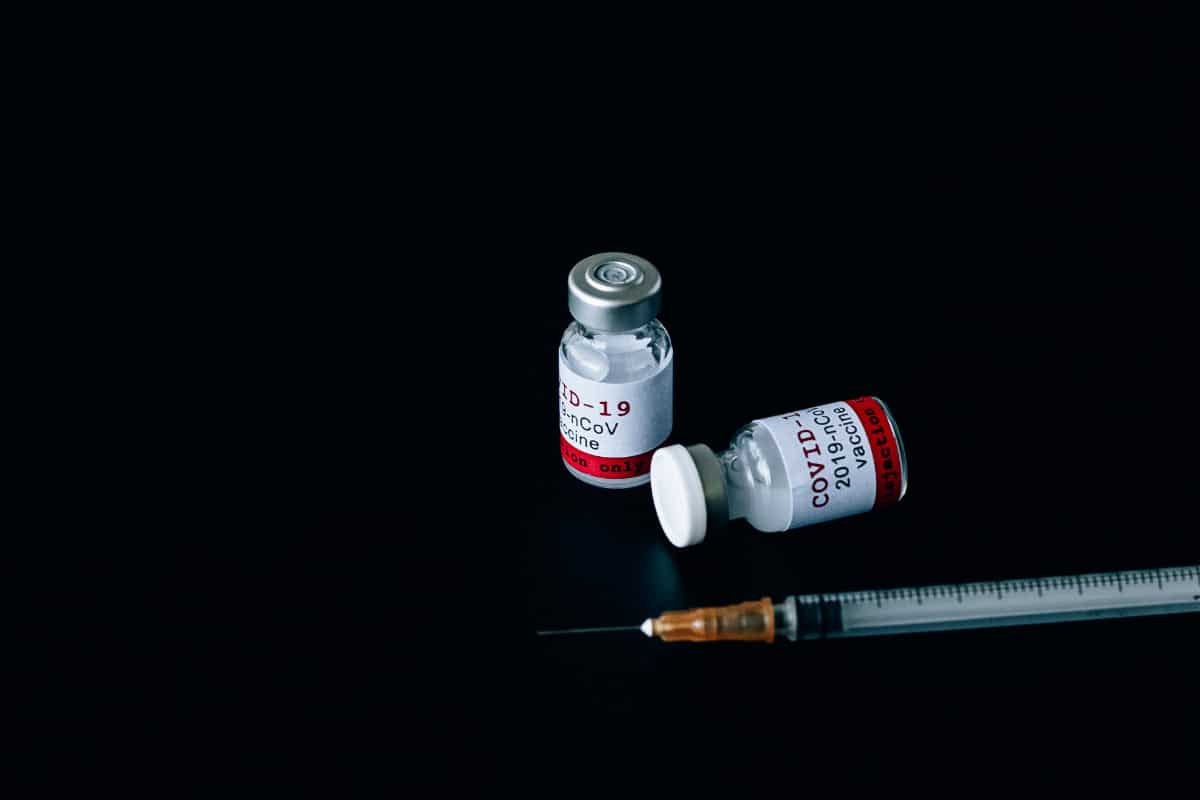
A wide range of corona vaccines also appear to be suitable as boosters.
In the meantime, we know that the protection of the corona vaccine decreases over time. And so booster campaigns have already been launched in many countries. A booster shot is intended as a boost to maintain the level of protection. British researchers now come with good news. Because not only does a third corona jab indeed bear fruit, many different vaccines can also serve as boosters.
Corona booster
In the study the researchers examined the safety, immune response and side effects of seven corona boosters. 2,878 participants aged 30 years or older received the third booster shot 10 to 12 weeks after receiving their second dose of AstraZeneca or Pfizer-BioNTech. The seven tested corona boosters were: Oxford-AstraZeneca, Pfizer-BioNTech, Moderna, Novavax, Valneva, Janssen and CureVac.
It’s working
The researchers make a happy discovery. Because all investigated corona boosters appear to be safe and strengthen the immunity in people who have already been pricked with AstraZeneca twice. “Our data shows that all seven vaccines can be safely used as a third dose,” said study leader Saul Faust.
Effects
The side effects of the third booster shot are quite mild. “These are tolerable side effects, including injection site pain, muscle aches and fatigue,” Faust said. Headaches were also reported by some participants. These side effects are most common in 30-69 year olds. 912 of the 2,878 participants had a total of 1036 side effects, of which only 24 were serious.
Wide range
In addition, the findings show that many different vaccines can serve as boosters. So it doesn’t matter whether your first two doses were from AstraZeneca or Pfizer and you get a booster from, for example, Moderna. All seven vaccines significantly increased levels of spike protein antibodies after two doses of AstraZeneca. Six vaccines (except Valneva) also did this after two doses of Pfizer-BioNTech. “It’s really encouraging that a wide variety of vaccines, using different technologies, are suitable as boosters,” Faust said. “That gives you confidence. In addition, this makes it easier to shape booster programs, taking into account other factors such as supply chain and logistics.”
T cells
The researchers also looked at T-cell responses in their study. T cells are a type of white blood cells that specialize in recognizing virus-infected cells. T cells are an essential part of the immune system and are a kind of defense cells that clear up an infection, as it were. The researchers found that mRNA booster vaccines (such as Pfizer and Moderna) cause a marked increase in both antibodies and T cells. Vaccines using an inactivated virus or recombinant spike protein boosted antibody responses, but had less of an impact on T cells.
The vaccines from Pfizer and Moderna do not harbor attenuated or dead SARS-CoV-2, but messenger RNA (mRNA). This is a molecule that contains the genetic instructions for making the distinctive spike proteins, found on the outside of the virus. After vaccination, our cells start working with these instructions and produce these spike proteins, after which our body can make antibodies against them. It is a very new approach, which is particularly promising in the case of COVID-19, because mRNA vaccines can be produced much faster than traditional vaccines. It is also easier to scale up and produce large quantities of the vaccines.
The findings are encouraging. Because it means that a third booster shot does indeed contribute to a permanently high protection against the corona virus. Since 19 November, people aged 80 and older have been invited in the Netherlands to get the extra shot. The aim is to be able to offer as many elderly people as possible a booster before the end of the year.
A big question, however, is whether the booster shot also protects against the new Omikron variant. Virologist Jonathan Ball is hopeful. “The fact that the mRNA boosters bring about a marked increase in both antibodies and T cells is great news, especially as we turn our attention to the emergence of Omikron,” he says. “We do not yet know whether the increased immunity also protects against a serious course of disease caused by this variant. But I am still confident that our vaccines will continue to provide the protection we need.”
Source material:
“University Hospital Southampton-led trial publishes Covid-19 booster data” –
“expert reaction to COV-BOOST study investigating safety and immunogenicity of seven COVID-19 vaccines as a third dose following two doses of either Oxford-AstraZeneca or Pfizer” – Science Media Center
Image at the top of this article: Nataliya Vaitkevich via Pexels